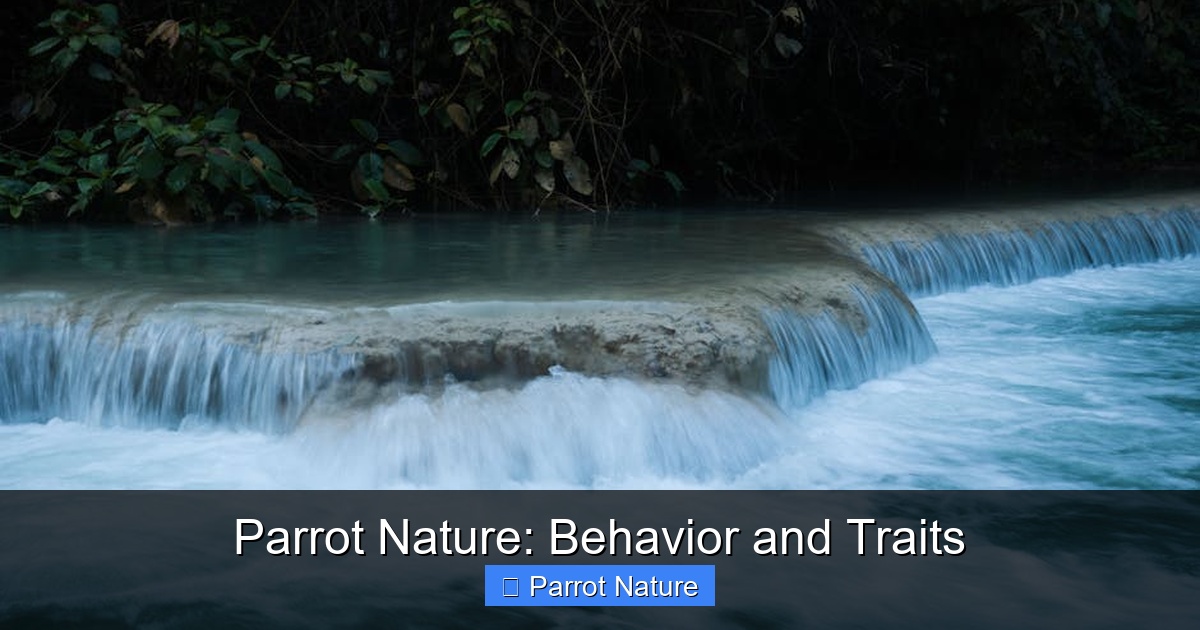
Featured image for this comprehensive guide about parrot nature
This is a comprehensive guide about parrot nature.
Frequently Asked Questions
What is parrot nature?
parrot nature is an important topic with many practical applications and benefits.
How can parrot nature help me?
Understanding parrot nature can improve your knowledge and provide practical solutions.
